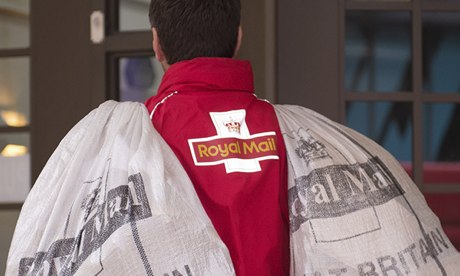Guardian editor Rusbridger defends leaked files stories
http://www.bbc.co.uk/news/uk-24464286
Guardian editor Alan Rusbridger has insisted it was right to publish secret files leaked by US intelligence analyst Edward Snowden.
His comments come after the new director general of MI5, Andrew Parker, said such revelations risked causing enormous harm.
Making public the “reach and limits” of intelligence-gathering techniques gave terrorists the advantage, he added.
The paper said the leaks had prompted a debate which was necessary and overdue.
Mr Snowden, a former CIA contractor, fled to Russia with a wealth of secret data including some 58,000 files from GCHQ, Britain’s electronic eavesdropping agency.
The stories that followed in the Guardian newspaper, based on material provided by Mr Snowden, revealed the huge capacity of British and US intelligence agencies – GCHQ and NSA – to monitor communications.
In his first public speech since his appointment in April, Mr Parker said intelligence gathered by GCHQ had played a vital role in stopping many UK terrorist plots over the past decade.
He warned that terrorists now had tens of thousands of means of communication “through e-mail, IP telephony, in-game communication, social networking, chat rooms, anonymising services and a myriad of mobile apps”.
Mr Parker said it was vital for MI5 – and by inference its partner GCHQ – to retain the capability to access such information if it was to protect the country.
Mr Rusbridger said those on the security side of the argument wanted to keep everything secret and did not want a debate.
“You don’t want the press or anyone else writing about it. But MI5 cannot be the only voice in the debate,” he told BBC Radio 4’s World at One.
He added that his newspaper had revealed the “extent to which entire populations are now being potentially put under surveillance”.
“I just spent a week in America where everybody is talking about this, from the president down.”
He added: “It’s quite surprising to me that the number of MPs in this country who have said anything at all in the last four months can be counted on one hand – Malcolm Rifkind, Tom Watson, David Davis.
…




